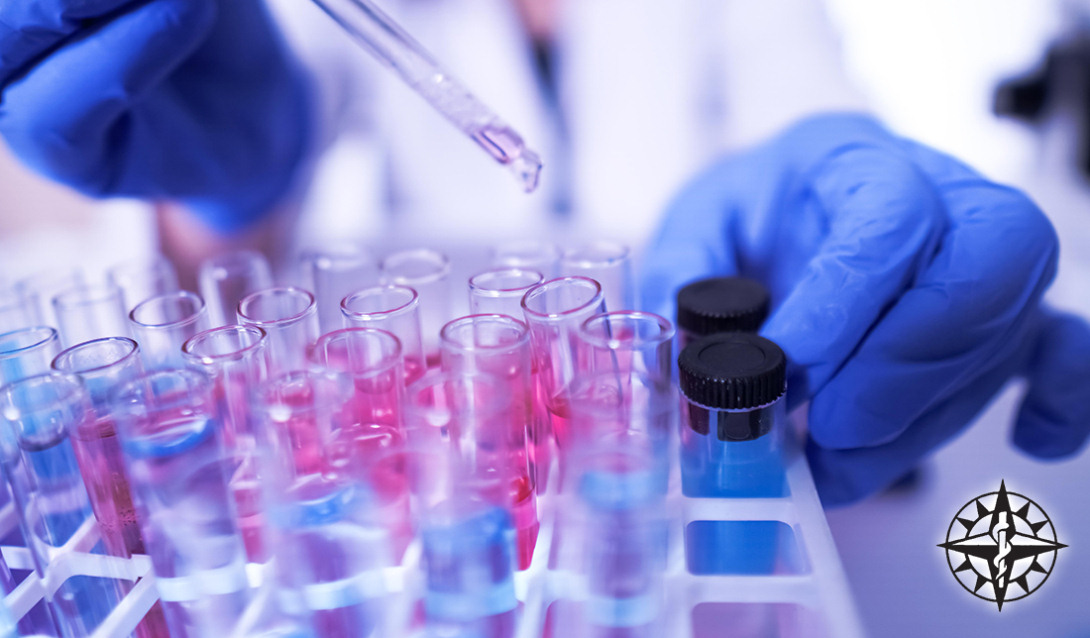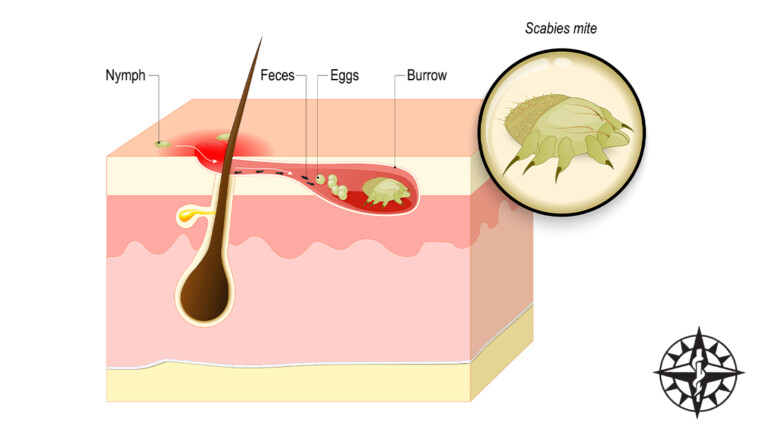Published on: January 7, 2021
What is a Clinical Trial?
When you visit your doctor and receive a prescription for medication or are given a vaccination, at that moment, you are directly benefiting from the work many others have done before you.
The path from understanding a disease to treating it with medicines is long, complicated, and expensive. To make sure prescription medicines are safe and effective for the patients who use them, the candidate drug must first go through rigorous research studies, and human volunteers called Clinical Trials. The reality is that there are normally years of lab work, animal models, and pre-clinical trials even before reaching the Clinical Trial phase. Clinical trials can be tested on humans who receive compensation and are monitored for safety and efficacy. These trials are carefully designed and meticulously implemented. A clinical trial team includes doctors, nurses, and other healthcare professionals.
The Cost and Sponsorship of a Clinical Trial
Clinical trials cost more money than most people realize. On average clinical trials account for nearly 60% of the average $2.6 Billion spent developing a new medicine. At the local level, clinical trials can generate considerable economic activity in and around the communities where they occur. These trials would never become a reality without the financial backing of a third-party sponsor. Clinical research is typically sponsored by bio-pharmaceutical companies, academic medical institutions, government agencies, or nonprofit organizations. The sponsors have a direct hand in the clinical trial and watch over it carefully to see if their investment is being stewarded wisely. The Food and Drug Administration (FDA) defines clinical trial sponsors as “an individual who both initiates and conducts an investigation, and under whose immediate direction, the investigational drug is administered or dispensed.” A sponsor does not work directly with volunteers, nor do they conduct medical research.
Clinical Sponsor’s Key Responsibilities
The Clinical Sponsor’s key responsibilities might include:
- Ensuring all Investigational New Drug (IND) regulatory documentation is submitted in a timely matter to the FDA;
- Assessing the viability of a clinical study plan.
- Designing every study to address key research questions related to the medical treatment or product.
- Developing beneficial procedures to help guide a study toward a successful outcome.
- Staffing the study with the right doctor or principal investigator.
- Working with investors to ensure a study has sufficient budget, from start to finish.
- Keeping the board apprised of the investigational drug’s approval status.
- Finally, they monitor the continued progress of a clinical trial.
Who Approves Clinical Trials?
Clinical trials need to achieve ongoing approvals to ensure that they operate safely and with minimal risk to patients. The FDA has authority over clinical trials, be it government or private, and conducts regular inspections of the researchers and the study itself. To be approved, the trial must go through an Institutional Review Boards (IRB). This board generally consists of at least 5 members both scientific and nonscientific who review and approve the trials before the trial begins. Suppose they determine the risk is too considerable for the participants. In that case, the IRB can halt the project until the clinical trial plan is amended and made to adhere to their safety guidelines.
Phases of a Clinical Trial
Clinical Trials are broken down into three main phases, with a fourth included once the candidate drug has become available to the public.
Phase One
In Phase One, researchers test the drug in a small group of people, usually between 20-100 healthy adult volunteers, to evaluate its initial safety, tolerability profile, determine a safe dosage range, and identify potential side effects.
Phase Two
In Phase Two, the drug is given to volunteer patients, usually between 100-500, to see if it is effective, identify optimal dosage, and further evaluate its short-term safety.
Phase Three
In Phase Three, the drug is given to a larger, more diverse patient population, often involving hundreds of patients, and often, thousands, to generate statistically significant evidence and confirm its safety and effectiveness. Phase III studies are the longest of the three phases and usually occur at many sites worldwide.
Once all clinical testing is completed, and the results indicate that the drug is safe and effective, an application is submitted to the FDA to request approval to market the medication. Clinical research generally continues even after FDA approval.
Phase Four
Post-marketing studies, or “Phase Four” trials, are frequently conducted on new drugs to learn more about their benefits, potential risks, and optimal use. The drug may also be studied in specific sub-populations, such as children.
Clinical trials are central to bio-pharmaceutical researchers’ work in advancing the science of bringing new medicines to the patients who need them.
COVID-19 Clinical Trials in Tampa, Florida
Given the larger population of a place like Tampa, FL, many volunteers are ready and willing to join a clinical trial. Throughout 2020, the University of South Florida has been administering clinical trials to find a treatment and additional vaccine to combat Covid-19, the novel coronavirus. Among the clinical trials for COVID-19, doctors are researching:
- Sarilumab’s testing to determine the drug’s effectiveness in blocking inflammation to the lungs in severely ill or even hospitalized patients.
- Using convalescent sera/plasma from people who have recovered from COVID-19 in those who currently have the disease to test the sera’s ability to treat these COVID-19.
- Testing 3D printed nasal swabs to confirm their ability to prevent false negatives when used for testing for COVID-19.
- Testing in outpatient settings using inhaled nitric oxide to help treat patients with COVID-19 who require supplemental oxygen.
As of December 2020, USF Health and Tampa General Hospital have been chosen as a site for the clinical trial testing of the Novavax NVX-CoV2373 vaccine for COVID-19. USF and TGH will be joining over 100 other research sites, which are expected to enroll over 30,000 adult participants. This trial is part of the all-important global search for safe and effective vaccines to prevent COVID-19.
As it relates specifically to Tampa Bay, the USF Health and TGH research physicians seek more than 250 Tampa Bay volunteers to participate in the trial.
Clinical Trials in Florida – So, what is the overall goal and trajectory of the clinical trial?
The Novavax Phase Three clinical trial is testing NVX-CoV2373, an investigational vaccine that has displayed promising results for increasing the body’s immune response to the COVID-19 virus. Specifically applying what we have learned about clinical trials earlier in this article, this is a real-time, real-world example of clinical trials’ benefits. The research community and study volunteers and participants are critical to demonstrate that a vaccine can lower the number of cases and deaths caused by COVID-19. Right here in Tampa Bay, and all over the world. To find out more about this clinical trial, please visit ClinicalTrials.gov.
If you are interested in furthering a treatment or cure and would like to participate in a trial in Tampa, Florida there are many ways to find out. You can contact local facilities to ask if they have one planned or you can search online using a database such as CenterWatch and filter to search for trials in Tampa, FL.
Infectious Disease Associates of Tampa Bay (IDATB)
Infectious Disease Associates of Tampa Bay is proud to serve patients across the Tampa Bay metro area. IDATB partners with St. Joseph’s Comprehensive Research (CRI) in making clinical trials available to our patients. If you have any questions about clinical trials or any concerns about the infectious diseases they aim to treat, then please feel free to call 813-251-8444.





